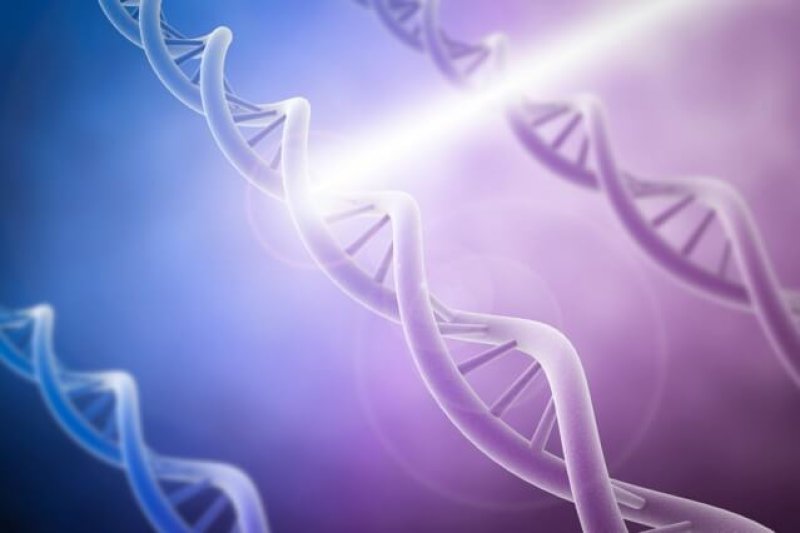When folks talk about the gene-editing tool CRISPR, they’re usually talking about CRISPR-Cas9, a combination of DNA and enzymes that together act like scissors to cut and paste genes. CRISPR-Cas9 has already been hailed a potential game changer in the fight against cancer, crop pathogens, and environmental problems. But some researchers think a lesser-known flavor of the technology might be the answer to the world’s growing superbug problem. Ladies and gentlemen, meet CRISPR-Cas3.
…
If CRISPR-Cas9 is a genetic scalpel, Cas3 is a chainsaw. Which is exactly why researchers think it might be just the thing to attack the sort of super-tough bacteria that can resist antibiotics.
“What we’re trying to do is kill bacteria,” Rodolphe Barrangou, a molecular biologist at North Carolina State University, told Gizmodo. “It’s like a Pac-Man that’s going to chew up DNA rather than make a clean cut. It chews it up beyond repair. It’s lethal.”
…
Hard-to-kill bacteria, often dubbed “superbugs,” have become a major problem, developing resistance to antibiotics more quickly than we can discover new ones.
…
Barrangou’s work is in its early stages, but it may be among the most promising alternatives to new antibiotics.
The GLP aggregated and excerpted this blog/article to reflect the diversity of news, opinion, and analysis. Read full, original post: Scientists Are Creating a Genetic Chainsaw to Hack Superbug DNA to Bits































